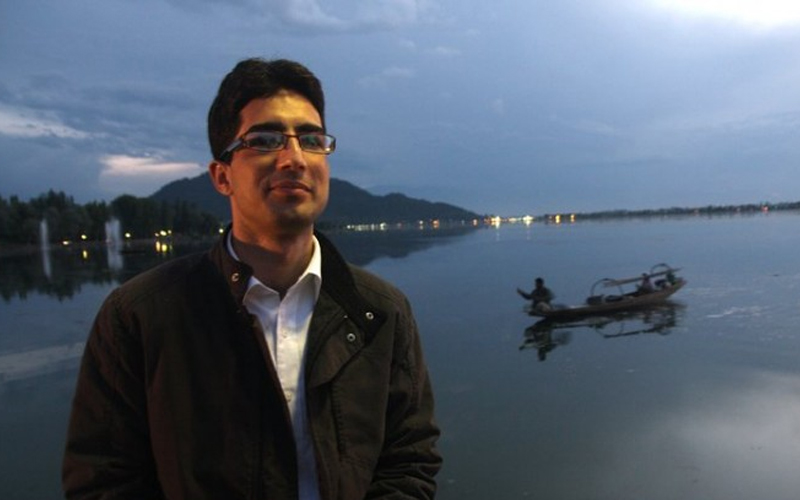NEW DELHI: Former IAS officer Shah Faesal described the past fortnight as “a horrific time” for all of the people of Jammu and Kashmir that gripped the strife-torn Kashmir region following the Pulwama attack.
Speaking at the India Today Conclave in New Delhi, the doctor turned bureaucrat said, “The last fortnight has been a horrific time for all of us. I was in my home, and all of us were really waiting for these jets to crash over us and all these bombs to crash in through our roofs.”
“We haven’t slept,” said Faesal, who was the first Kashmiri Muslim to top the 2010 civil service examinations.
1983-born Faesal resigned from the civil service in January to protest the “unabated killings in Kashmir” and the “rise of Hindutva forces”.
[also_read url=”https://www.siasat.com/news/pulwama-terror-attack-heres-what-former-ias-officer-shah-faesal-tweets-1467977/”]Pulwama terror attack: Here’s what former IAS officer Shah Faesal tweets[/also_read]
Following the February 14 Pulwama attack by Jaish-e-Mohammed suicide bomber that killed 40 CRPF troopers Indian paramilitary personnel in southern Kashmir, India conducted pre-emptive air strikes deep inside Pakistani territory hitting Jaish training camps.
“All Kashmir had gone for panic-buying and we were preparing for, maybe, a war of a couple of months,” recalled Shah Faesal, describing the past fortnight. “People were thinking: what if there is a nuclear attack?”
“Our children were totally agitated and we didn’t know how to arrange for their baby food.
“When there are hostilities between India and Pakistan”, Shah Faesal said, “it’s fundamentally the people of Jammu and Kashmir who become the worst sufferers of that war. So we would not want that war to happen.”
The world knows that the bone of contention regarding a dispute between the two neighboring nuclear-armed countries India and Pakistan is the on-going conflict over Kashmir.
“There has been a war playing in our lives for the last 30 years,” Shah Faesal said. “And every morning, when my kid goes to school, my wife tells me that we don’t know [whether he will] come back. This war plays every evening in my house when my mom looks at the portrait of my dead father, who lost his life in this conflict.”

